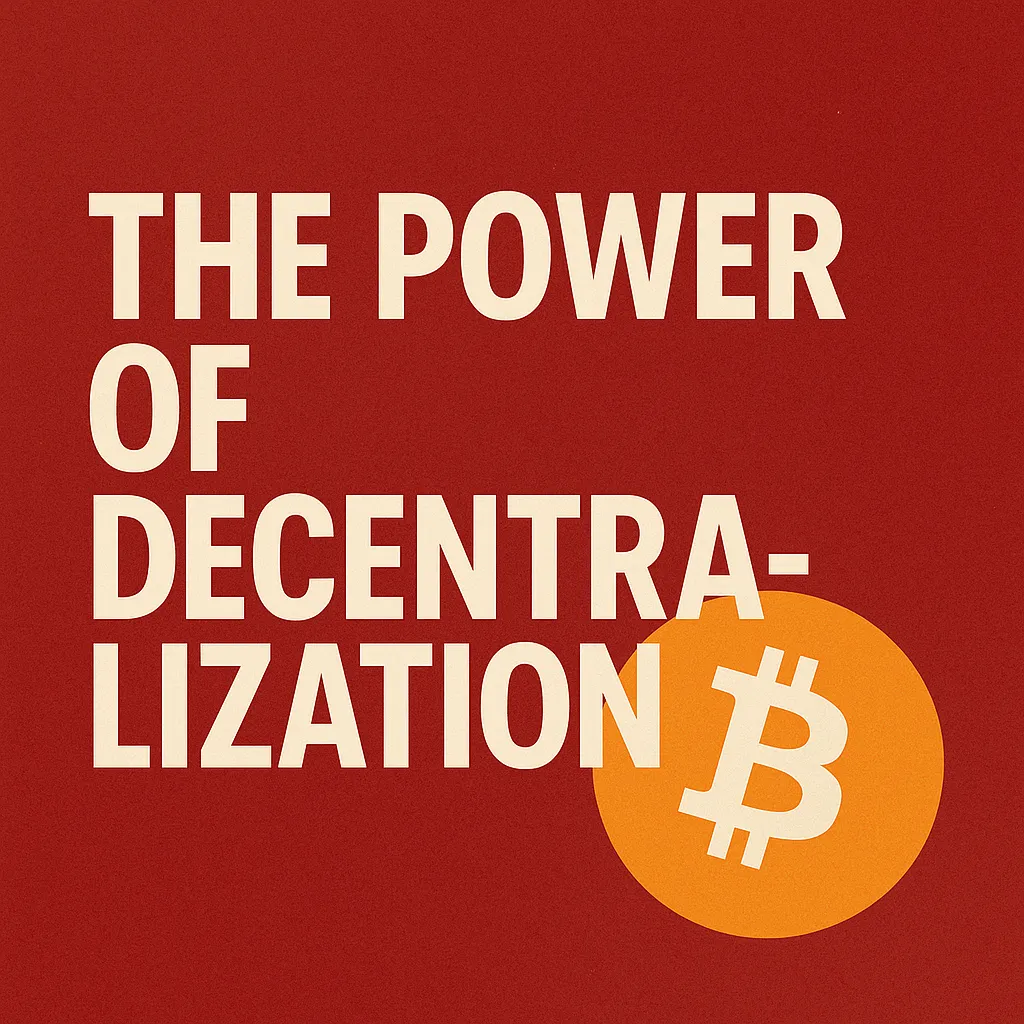
Part IV: Venice, Bitcoin, and the Ghosts of Empire
To understand why Bitcoin matters, we must go back – not just to 2009, but centuries earlier, to a watery city-state that defied the odds. Venice, once a vulnerable outpost in a dangerous world, became one of the richest and most resilient republics in history. It did so not by conquering others, but by building a transparent, accountable financial system that rewarded savings and protected capital.
In "Bitcoin Is Venice," Allen Farrington and Sacha Meyers argue that sound money and flourishing culture are inseparable. Venice thrived because it divorced politics from money. Its financial infrastructure – ledgers, double-entry bookkeeping, and early forms of bonds – allowed trade to flourish and capital to be preserved. Venice funded innovation, architecture, art. It respected time preference and disciplined governance. Most importantly, it resisted the easy temptations of empire and inflation.
This is the antithesis of how the IMF functions. The IMF extends credit not to promote savings and resilience, but to preserve a debt-based, inflationary model inherited from colonial empires. It props up currencies backed by nothing, demands allegiance to failing policies, and punishes countries that seek alternatives. Its mission is not to empower, but to stabilize a system that benefits a few at the top.
Bitcoin, like Venice, offers an alternative. It is not an empire. It has no military. It makes no threats. But it changes incentives. It restores the value of time. It punishes recklessness and rewards prudence. And it gives citizens and nations a tool to opt out of financial servitude.
When you adopt Bitcoin, you are not just acquiring an asset. You are signaling a shift in worldview – one that values individual agency over institutional dependency, local empowerment over foreign oversight, long-term thinking over short-term bailouts.
Just as Venice had to innovate its way out of medieval stagnation, so too must modern nations find new ways to escape the post-colonial trap. Bitcoin is one such innovation – a bridge between the past and a more sovereign future.
Continue to Part V here: https://bullishbtc.com/post/imf-vs-bitcoin-power-inequity-and-the-fight-for-financial-sovereignty-part-v
APA References
Ammous, S. (2018). The Bitcoin Standard: The Decentralized Alternative to Central Banking. Wiley.
Farrington, A., & Meyers, S. (2022). Bitcoin Is Venice: Essays on the Past and Future of Capitalism. Bitcoin Magazine Books.
Gladstein, A. (2022, July 6). How the IMF and World Bank repress poor countries. Bitcoin Magazine. https://bitcoinmagazine.com/culture/imf-world-bank-repress-poor-countries



